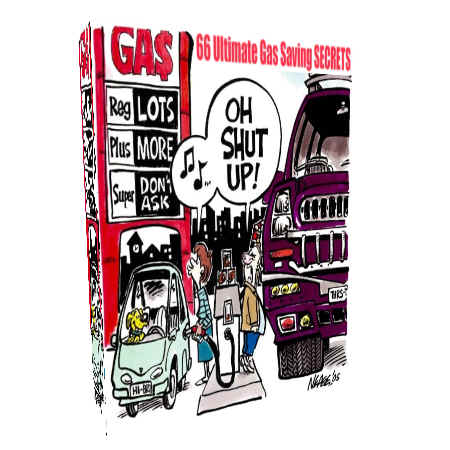Unintended consequences: Quantitative Easing impacts energy independence
In addition to raising oil prices (due to dollar devaluation), quantitative easing (QE) also reduces the adoption of electric vehicles (a strategic alternative to importing oil). How?
Seventy-five percent of battery costs for EVs is raw material. This means commodities. QE (printing money to buy bonds) in its simplest form is... printing money. This devalues the dollar which in turn increases commodity prices. The main cost-driver for EVs. Yes, it increases the dollar price of oil, so the best case is - it's even. However, EVs are a nascent industry and pricing is a real issue. I guess we could spend even more (of the public's) money to subsidize this (oh, wait, we are).
Or, we could talk about "Government innovation". Only thing is... at its root, innovation & creativity is highest when there is competition (one must innovate or go out of business). And for competition to exist, markets must be free. However, Government goes on... whether it innovates or not (because there is no competition; no need to out-innovate anyone to compete for [un]limited tax dollars.) . Contrary to political statements to the contrary, there is no compelling reason for governments to innovate.
My point? Let oil increase (in price) to whatever it needs to (due to supply & demand). Let the market solve the problem, in innovative ways.
Note: For an interesting discussion of the consequences of how our current decisions resemble those of the past, read this.



.jpg)







